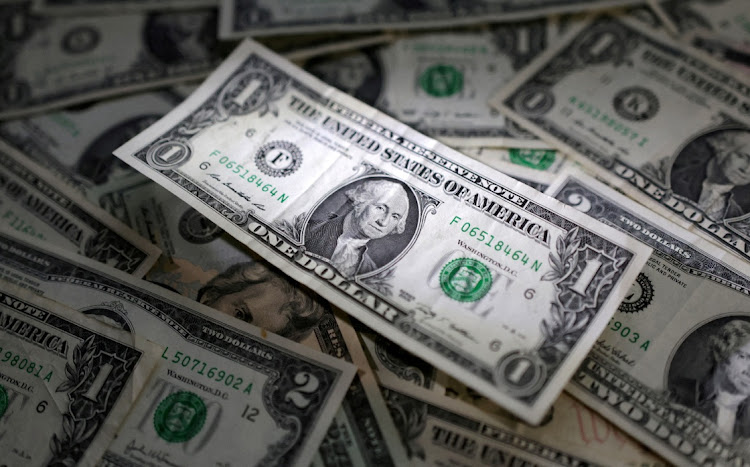Description

Copyright infringement not intended
Picture Courtesy: www.timeslive.co.za
Context: Argentina's newly elected president aims to adopt the US dollar as the official currency, abandoning the peso in a move towards economic dollarization.
Details
- Argentina's new President believes that dollarization is the only way to solve Argentina's chronic inflation problem.
- Argentina has had high inflation for decades, and it is currently one of the highest in the world. He believes that dollarization would anchor Argentina's prices to the US dollar, which is a much more stable currency.
What is Dollarization?
- Dollarization represents the adoption and use of a foreign currency (like the US dollar, euro, or another stable currency) within a country either alongside or instead of its domestic currency. This phenomenon is a form of currency substitution, where one currency replaces or supplements another as a medium of exchange, store of value, or unit of account within an economy.
Reasons for Dollarization
- Economic Stability: Often, countries resort to dollarization when their domestic currency faces instability due to factors like hyperinflation, rapid devaluation, political turmoil, or economic crises. Adopting a stable foreign currency can help restore stability.
- Credibility and Acceptance: Foreign currencies like the US dollar are widely accepted in international trade and finance, offering lower transaction costs and reducing exchange rate risks, making them appealing alternatives.
- Confidence Building: Stronger foreign currencies can bolster confidence among investors, consumers, and creditors, enhancing trust in the economic system and potentially attracting investment.

Benefits
- Monetary Discipline: Dollarization can enforce greater discipline in monetary and fiscal policies by limiting the government's ability to print money excessively or finance deficits through money creation.
- Inflation and Interest Rates: Tying the domestic economy to a more stable foreign currency can help reduce inflation rates and stabilize interest rates, which can contribute to economic stability.
- Integration and Investment: It can promote trade and financial integration by reducing barriers and uncertainties in cross-border transactions, attracting foreign investment due to reduced country risk and currency risk.
Challenges and Costs
- Monetary Policy Autonomy: By adopting a foreign currency, a country sacrifices control over its monetary policy, including managing money supply and influencing interest rates.
- Fiscal Policy Constraints: Governments lose some flexibility in using fiscal policies, like adjusting taxes or public spending, since they can't print money to finance their expenditures.
- Vulnerability to External Factors: The economy becomes more exposed to external shocks, as it becomes highly dependent on the economic conditions and policies of the foreign currency issuer.
Degrees of Dollarization
- Unofficial/Partial: This occurs when citizens voluntarily hold a significant portion of their financial assets in a foreign currency without formal recognition from authorities.
- Official/Full: Involves a government formally adopting a foreign currency as legal tender, either completely replacing the domestic currency or using it alongside the domestic currency.

Conclusion
- Dollarization is not an easy decision for any country. It involves weighing the pros and cons of giving up an independent monetary policy and a national currency for greater stability and credibility. It also requires careful preparation and coordination with the foreign currency issuer and other relevant institutions. Dollarization is not a panacea for economic problems; it is a tool that can help or hinder depending on how it is used.
|
PRACTICE QUESTION
Q. What are some key factors influencing a country's decision to embrace dollarization, and how do these factors impact its economy and monetary policies in the short and long term?
|















